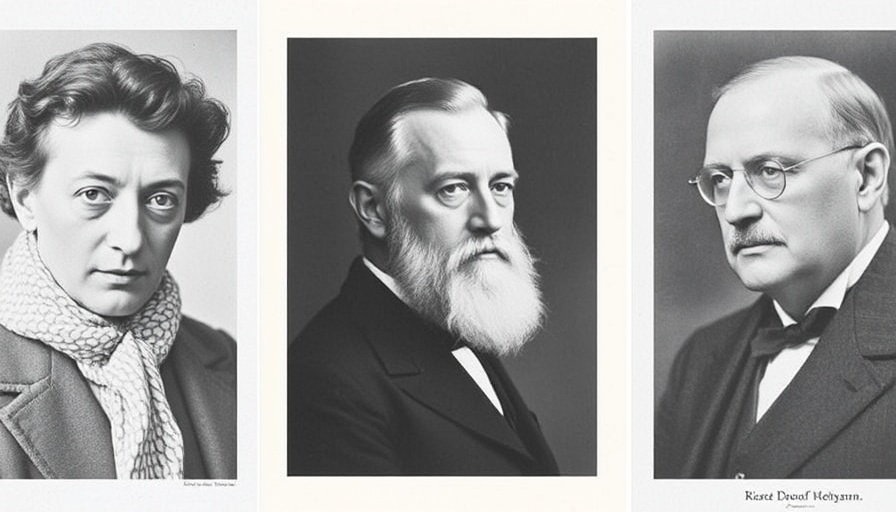
Unveiling History Through Music
In a world where authoritarianism appears less distant than before, the revival of music suppressed by the Nazis serves as a powerful reminder of history's darker chapters. At the Colburn School, this historic mission is taking a new form through the Music Restored: The Ziering-Conlon Center for Exiled and Suppressed Composers, an initiative led by conductor James Conlon. This center aims to illuminate the legacies of composers silenced by fascism, ensuring that their contributions to culture are not forgotten.
Bringing Voices Back to Life
The newly expanded center at the Colburn School symbolizes an urgent response to the current sociopolitical climate. With nearly a third of Americans expressing sympathy for authoritarian governance, the center argues for the moral and historical necessity of reviving music from the likes of Erwin Schulhoff and Mario Castelnuovo-Tedesco. These composers, whose careers were stifled and lives altered due to Nazi persecution, offer a visceral reminder of oppression’s impact on creativity and expression.
The 'Recovered Voices' Initiative
Conlon’s initiative, which began in 2013, is rooted in the belief that art can foster empathy and understanding. He emphasizes that these composers' works are essential to our cultural fabric. The MusicRestored.org platform showcases recordings, documentaries, and educational materials dedicated to these forgotten voices. This initiative extends beyond performances; it aims to educate the next generation of musicians and music lovers, fostering appreciation for these important works.
Upcoming Performances: A Cultural Renaissance
The Colburn School's concert series, featuring works by suppressed composers, is a testament to the initiative's commitment to keeping these legacies alive. The series plans performances of pieces such as Vitezslava Kapralova's Partita for Piano and Strings, alongside works by her mentor, Bohuslav Martinu. These concerts not only highlight the artistic genius of these composers but also serve as essential cultural moments that engage local audiences in a meaningful dialogue about history and its modern implications.
Technology Meets Tradition
Innovations in performance technology are also playing a pivotal role in this revival. Similar to initiatives like those from Symphonova, which utilizes cutting-edge technology to emulate orchestral experiences, the newfound emphasis on digital platforms like MusicRestored.org expands access to these rare compositions. By marrying tradition with modern technology, organizations are making it possible for more listeners and performers to engage with these artistic treasures.
The Emotional Impact of Suppressed Music
Listening to music from composers who faced systematic oppression evokes deep emotional responses. As listeners engage with this music, they allow themselves to connect with stories of resilience and loss while reflecting on contemporary societal issues. This connection can be particularly poignant for audiences in the Bay Area, a region that prides itself on diversity and cultural richness, enhancing the relevance of these musical narratives.
Community Engagement and Cultural Responsibility
The Colburn School's initiative reflects a broader cultural responsibility to ensure that the music of previously suppressed artists finds a home in our modern repertoire. By gaining exposure to these works, audiences and performers alike can appreciate the artistic and historical significance of these composers, urging the community to cherish their legacies and engage in dialogues about freedom and expression.
Join the Movement of Musical Revival
As the Music Restored initiative gains momentum, it's essential for community members to participate actively. Attending performances, engaging with educational materials, and exploring the array of music available through MusicRestored.org are all ways to contribute. In understanding the struggles endured by these composers, we can nurture a present free from the shadows of the past. The endeavor to revive their music is not just about restoring tunes; it’s about restoring dignity and remembering their stories.
What can you do to help keep these legacies alive? Attend upcoming concerts at the Colburn School, spread the word about suppressed composers, and immerse yourself in their powerful narratives through music.
 Add Row
Add Row  Add
Add 



Write A Comment